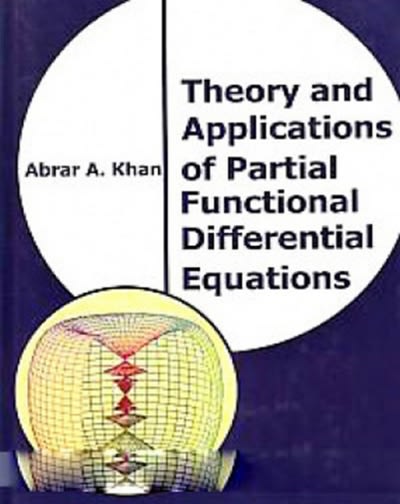Question
In a study of birth order and intelligence, IQ tests were given to18- and19-year-oldmen to estimate the size of the difference, if any, between the
In a study of birth order and intelligence, IQ tests were given to18- and19-year-oldmen to estimate the size of the difference, if any, between the mean IQs of firstborn sons and secondborn sons. The following data for10firstborn sons and10 secondborn sons are consistent with the means and standard deviations reported in the article. It is reasonable to assume that the samples come from populations that are approximately normal. Can you conclude that the mean IQ of firstborn sons is less than the mean IQ of secondborn sons? Let1 denote the mean IQ of firstborn sons and2 denote the mean IQ of secondborn sons. Use the = 0.05 level and theP-valuemethod with thetable.
Firstborn:
97 96 87 100 88
10 104 91 102 80
Secondborn:
129 96 113 96 111
93 102 115 120 85
- State the appropriate null and alternatehypotheses.
- Is this a right-tailed, left-tailed, or two-tailed test?
- Compute the test statistic. Do not round intermediate steps. Round the answer to two decimal places.
- Compute the P-value. Use the answer from the last question. Round the answer to four decimal places.
- Determine whether to reject H0.
- State a conclusion.
Step by Step Solution
There are 3 Steps involved in it
Step: 1

Get Instant Access to Expert-Tailored Solutions
See step-by-step solutions with expert insights and AI powered tools for academic success
Step: 2

Step: 3

Ace Your Homework with AI
Get the answers you need in no time with our AI-driven, step-by-step assistance
Get Started


